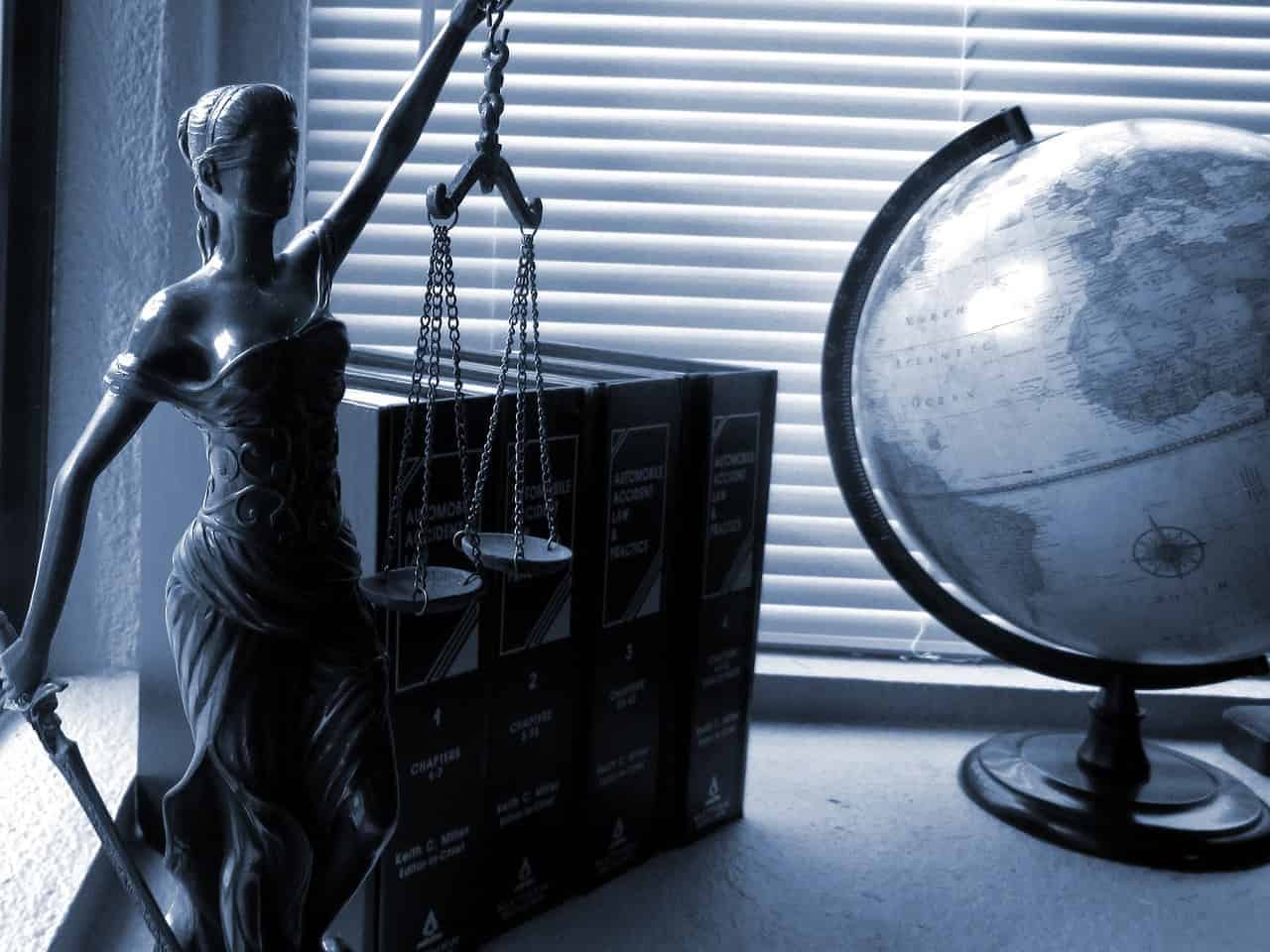Twenty-seven people will be tried starting this Monday for the “Panama Papers” case, eight years after this scandal broke out, revealing how personalities from around the world allegedly hid money through the defunct Panamanian law firm Mossack Fonseca.
Among those being tried are the founders of this firm, Jürgen Mossack and Ramón Fonseca Mora, as well as other lawyers and former employees of the defunct firm, who are accused of money laundering.
The hearings will last until April 26 in a criminal court, according to the Judiciary, which specified in a statement that “the investigation consists of 528 volumes”, accumulating several thousand pages.
“The hearing is scheduled for 27 defendants for the alleged commission of the crime of money laundering,” it added. The trial was supposed to be held in 2021 but was delayed for various reasons.
Now, the hearing will begin eight years after the International Consortium of Investigative Journalists (ICIJ) reported on April 3, 2016, that personalities from around the world allegedly evaded taxes and laundered money through the Panamanian law firm.
The investigation, based on the leak of 11.5 million documents from the Mossack Fonseca firm, showed that heads of state and government, political leaders, personalities from finance, sports and the arts hid properties, companies, assets and profits.
To do this, they allegedly set up opaque companies in Panama to open bank accounts in other countries and create shell companies and foundations to hide money, in some cases from illicit activities.
The former leaders of Iceland, Sigmundur David Gunnlaugsson; Pakistan, Nawaz Sharif; Britain, David Cameron; and Argentina, Mauricio Macri; in addition to Argentine soccer star Lionel Messi and Spanish filmmaker Pedro Almodóvar were some of the names mentioned then.
Was there a crime?
Due to the scandal, the Mossack Fonseca firm had to close, while the country’s international image, accused of being a tax haven, was seriously affected. However, part of the current Panamanian legislation did not exist when the case broke out, which could make it difficult for the justice system to reach convictions.
“The crux of the matter is whether or not a crime was committed in Panama with the rules at the time,” said Carlos Barsallo, former president of the Panamanian section of Transparency International from 2019 to 2021.
According to Barsallo, in 2021 the Supreme Court exonerated an employee of Mossack Fonseca, indicating that her actions at the time were not a crime in Panama. “It can generate confusion and frustration in the international community that this is the result after so many years and so much news,” he added.
After the “Panama Papers”, the country made some legal reforms, which allowed it to leave the “gray list” of the Financial Action Task Force (FATF) in 2023. The FATF, based in Paris, considered that Panama had made progress in the fight against money laundering and terrorist financing. However, Panama remains on the list of territories considered “tax havens” by the European Union.
“Eight years later, changes are taking place, but more actions are also required,” said Olga de Obaldía, executive director of Transparency International in Panama.
In 2023, Mossack and Fonseca were tried in Panama for alleged money laundering in Brazil’s “Lava Jato” case, where construction companies paid bribes to Latin American rulers and high-ranking officials to win contracts between 2005 and 2014. The prosecution requested up to 12 years in prison for both, but the sentence has not yet been made public.
“I consider myself responsible for having incorporated […] some 250,000 companies, of which a few have been mentioned here, very few, and which apparently may have been used for unlawful purposes by some end customers,” Fonseca said during the trial for the “Lava Jato” case.
Source link
Tico Times



